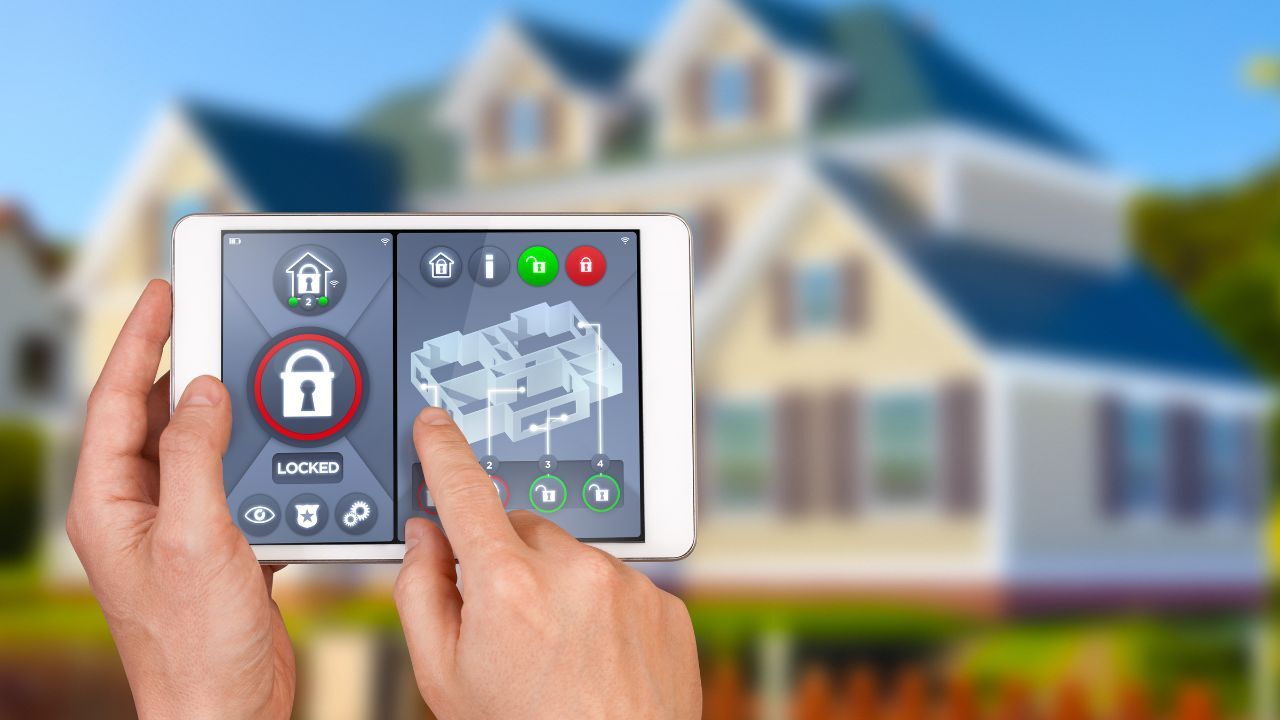 Buying a new home before selling your current one can be a smart move, especially in a competitive market where you do not want to risk losing your dream home. However, it requires careful financial planning and a solid strategy to manage the transition smoothly. Here are some of the best ways to navigate this process while minimizing risks and financial strain.
Buying a new home before selling your current one can be a smart move, especially in a competitive market where you do not want to risk losing your dream home. However, it requires careful financial planning and a solid strategy to manage the transition smoothly. Here are some of the best ways to navigate this process while minimizing risks and financial strain.
1. Consider a Bridge Loan
A bridge loan is a short-term financing option that allows you to borrow against your current home s equity to fund the purchase of a new one. This can be a great option if you need immediate access to funds before selling your existing home.
- Pros: Provides quick access to cash, allowing you to make a competitive offer.
- Cons: Higher interest rates and short repayment periods, which could be risky if your current home does not sell quickly.
2. Use a Home Equity Line of Credit (HELOC)
A HELOC allows you to borrow against the equity in your current home before listing it for sale. This flexible line of credit can be used for a down payment on your new home, giving you the ability to buy before selling.
- Pros: Lower interest rates compared to bridge loans, and you only pay interest on the amount you use.
- Cons: You must qualify based on your income and credit profile, and once your home is on the market, lenders may no longer allow you to borrow against it.
3. Explore a Contingency Offer
Some sellers will accept a contingency offer, which means your purchase is dependent on selling your current home first. While this can be a great way to avoid carrying two mortgages, it is not always attractive to sellers in a competitive market.
- Pros: Limits financial risk and allows for a smoother transition.
- Cons: Sellers may reject your offer in favor of one without contingencies, especially in a hot market.
4. Qualify for a Second Mortgage
If you have strong income and credit, you may qualify for a second mortgage, allowing you to carry both loans until your first home sells. Lenders will evaluate your debt-to-income ratio to ensure you can handle both payments temporarily.
- Pros: No need for short-term loans or contingency clauses.
- Cons: Requires strong financial standing and the ability to make two mortgage payments if your home does not sell quickly.
5. Negotiate a Rent-Back Agreement
If you sell your home before securing a new one, you can negotiate a rent-back agreement with the buyer. This allows you to stay in your home for a set period after closing while you search for a new home.
- Pros: Provides extra time to find the right home without feeling rushed.
- Cons: Not all buyers will agree to this, and it may involve additional rental costs.
6. Plan Your Finances Wisely
Regardless of the strategy you choose, it is essential to have a financial plan in place. Consider these key factors:
- Save for Unexpected Costs: Carrying two homes, even temporarily, can come with added expenses.
- Work with a Real Estate Agent: An experienced agent can help time the sale and purchase process to minimize overlap.
- Understand Market Conditions: Knowing whether you are in a buyer’s or seller’s market can help guide your strategy.
Buying a new home before selling your current one requires careful planning, but with the right approach, you can make the transition smoothly and successfully. Exploring your financing options, negotiating terms, and understanding market trends will help you make the best decision for your situation.
 Finding a home at a bargain price can be exciting, especially in a competitive market. However, the lowest-priced home in a neighborhood is not always the best deal in the long run. While it may seem like a smart financial move upfront, there are several factors that could make it a less-than-ideal investment. Here is why buying the cheapest home on the block might not always work in your favor.
Finding a home at a bargain price can be exciting, especially in a competitive market. However, the lowest-priced home in a neighborhood is not always the best deal in the long run. While it may seem like a smart financial move upfront, there are several factors that could make it a less-than-ideal investment. Here is why buying the cheapest home on the block might not always work in your favor.
 When buying a home, negotiating the purchase price is a key part of the process. While factors such as market conditions, comparable sales, and property condition play a role, a home’s history can also impact its value. If the property has a notable past such as prior fire damage, flooding, structural issues, or even stigmatized events it can provide leverage for buyers to negotiate a better deal. Here’s how to approach negotiations when a home’s history is a concern.
When buying a home, negotiating the purchase price is a key part of the process. While factors such as market conditions, comparable sales, and property condition play a role, a home’s history can also impact its value. If the property has a notable past such as prior fire damage, flooding, structural issues, or even stigmatized events it can provide leverage for buyers to negotiate a better deal. Here’s how to approach negotiations when a home’s history is a concern. Purchasing a home is a major investment, and while a property with a history of fire damage may come at a lower price, it also carries potential risks. Before moving forward with such a purchase, it is essential to understand the long-term implications and necessary precautions.
Purchasing a home is a major investment, and while a property with a history of fire damage may come at a lower price, it also carries potential risks. Before moving forward with such a purchase, it is essential to understand the long-term implications and necessary precautions. A vacation is a time to relax and unwind, but it’s essential to ensure that your home remains safe while you’re away. Nobody wants to return from a fantastic trip to find their home has been broken into. With a few precautionary measures, you can significantly reduce the risk of your home becoming an easy target for theft.
A vacation is a time to relax and unwind, but it’s essential to ensure that your home remains safe while you’re away. Nobody wants to return from a fantastic trip to find their home has been broken into. With a few precautionary measures, you can significantly reduce the risk of your home becoming an easy target for theft.  A short sale is a real estate transaction in which a homeowner sells their property for less than the outstanding mortgage balance. While this option can provide relief to homeowners facing financial hardships, it also comes with consequences that may affect their ability to buy another house in the future. We will explore the impact of a short sale on your credit, eligibility for a new mortgage, and the steps you can take to mitigate these effects.
A short sale is a real estate transaction in which a homeowner sells their property for less than the outstanding mortgage balance. While this option can provide relief to homeowners facing financial hardships, it also comes with consequences that may affect their ability to buy another house in the future. We will explore the impact of a short sale on your credit, eligibility for a new mortgage, and the steps you can take to mitigate these effects.
 When buying or selling a home, factors like location, size, and condition are obvious considerations—but have you thought about the direction your home faces? The orientation of a house can impact everything from natural light and energy efficiency to curb appeal and, ultimately, resale value. Here’s why the direction your home faces matters in real estate.
When buying or selling a home, factors like location, size, and condition are obvious considerations—but have you thought about the direction your home faces? The orientation of a house can impact everything from natural light and energy efficiency to curb appeal and, ultimately, resale value. Here’s why the direction your home faces matters in real estate. When searching for a home, location is everything. Some buyers may be drawn to properties near an airport for the convenience, while others worry about noise and air quality. If you’re considering buying a home near an airport, here’s a breakdown of the pros and cons to help you make an informed decision.
When searching for a home, location is everything. Some buyers may be drawn to properties near an airport for the convenience, while others worry about noise and air quality. If you’re considering buying a home near an airport, here’s a breakdown of the pros and cons to help you make an informed decision.